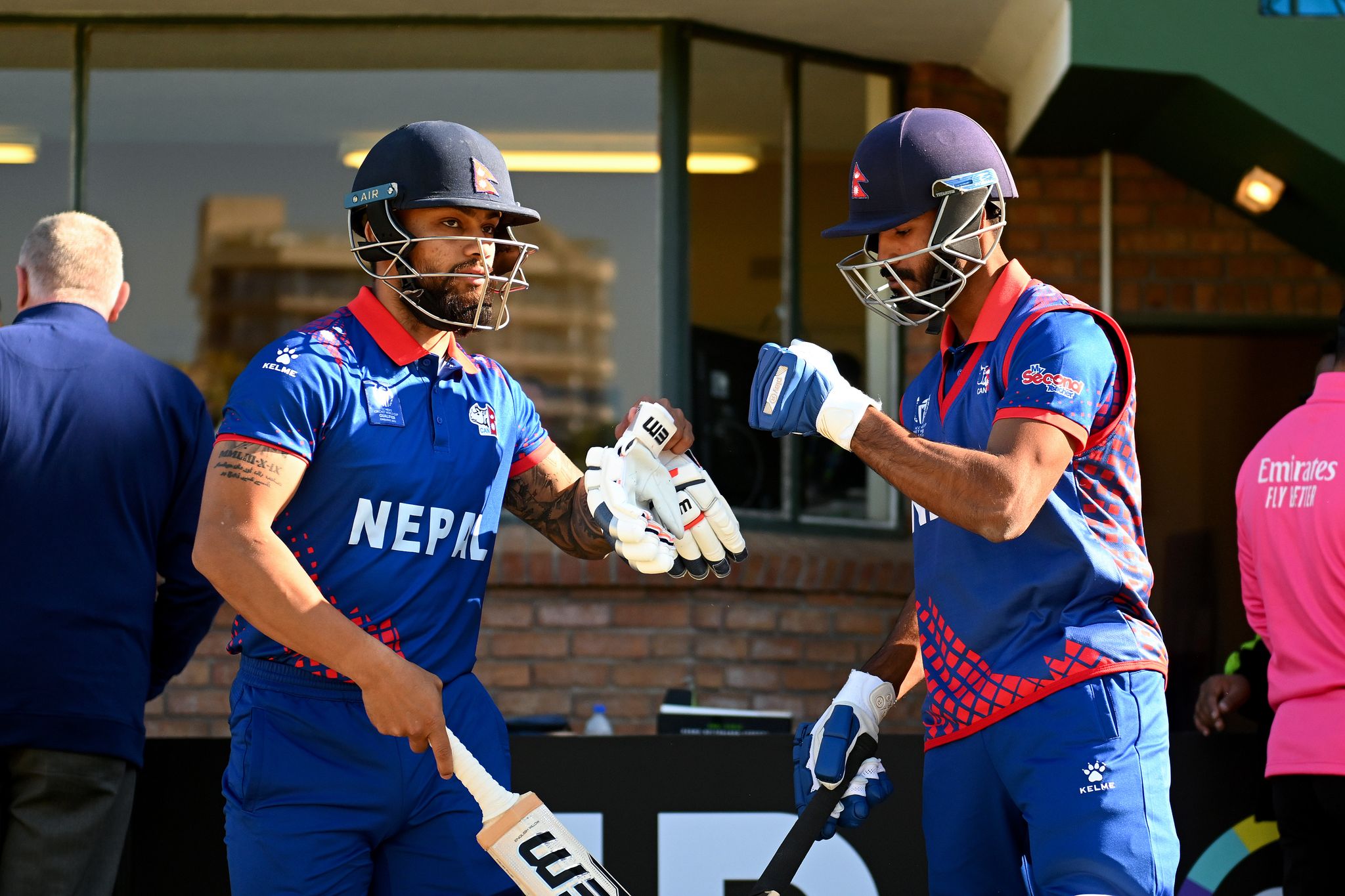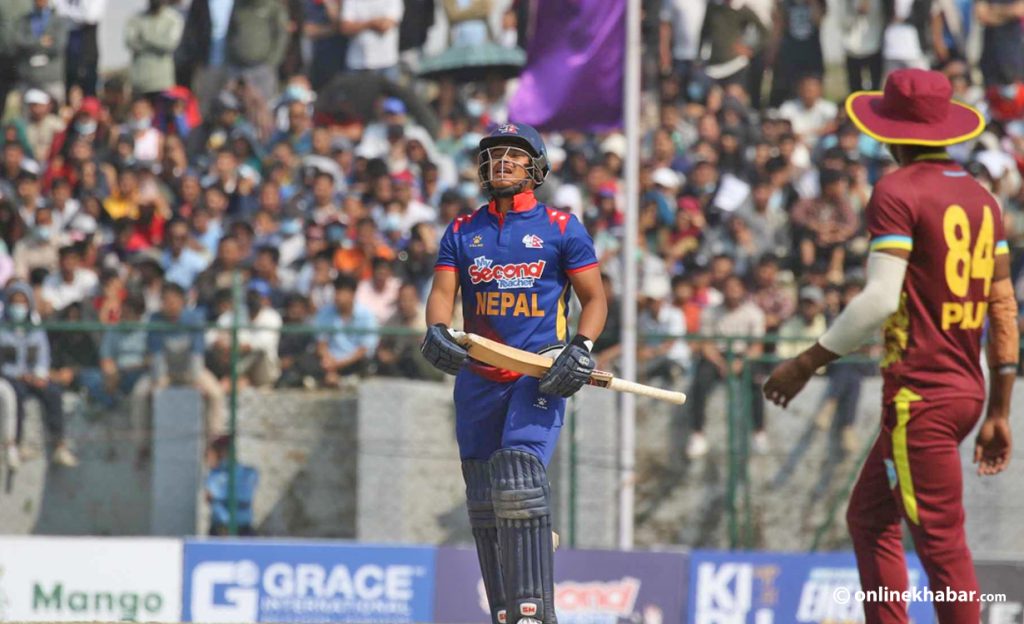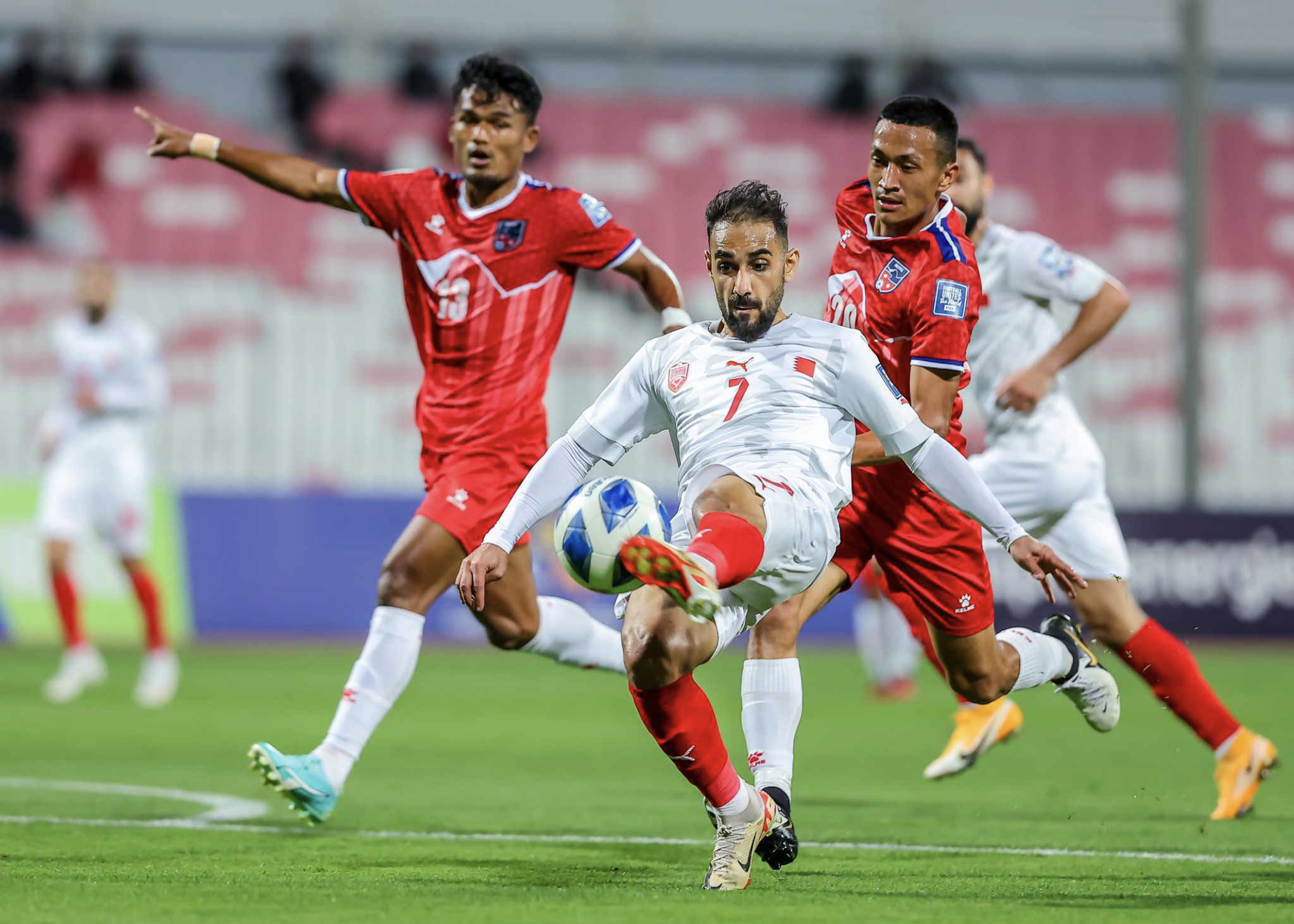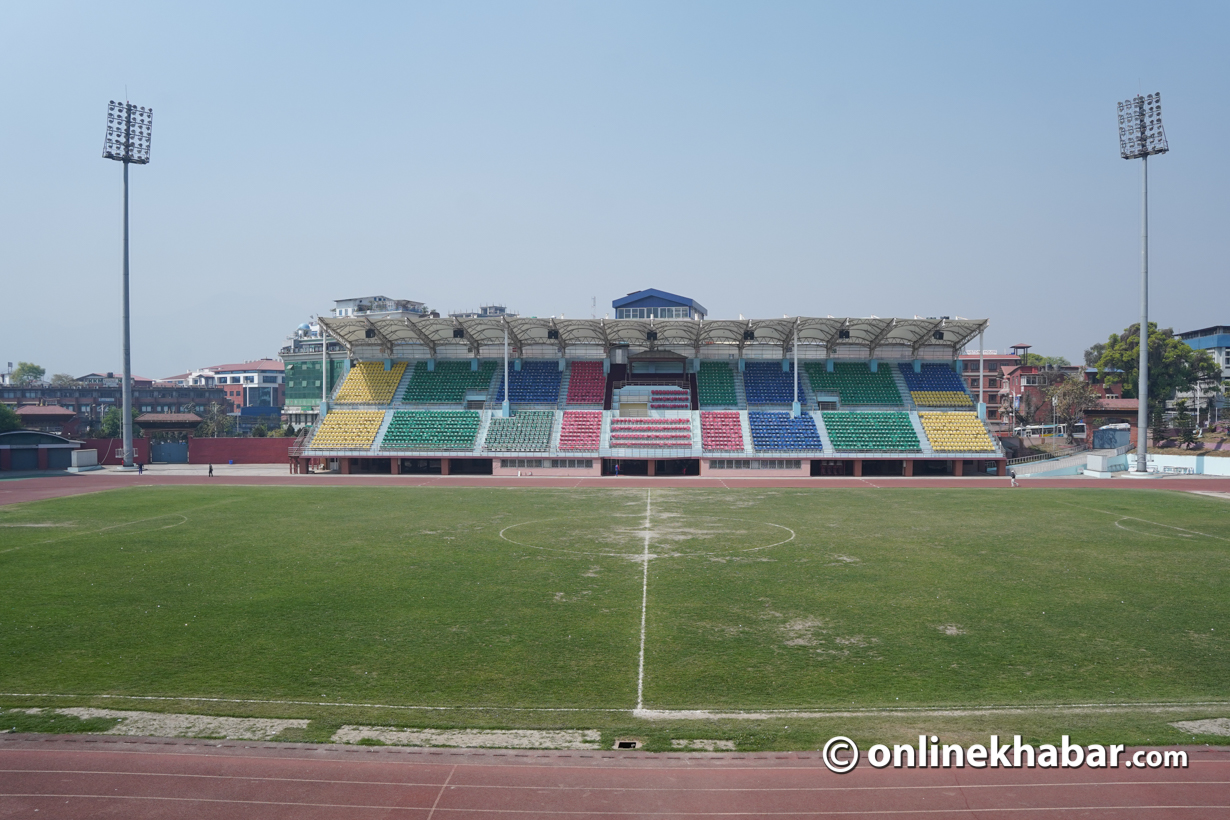
In 2023, Barbie named Women in Sports as their career of the year.
Whenever I am out and about socially, there is always someone who seems pretty certain about not considering my profession as mainstream. Hold up! Sports as a career? In Nepal? You bet! This article aims to explain why women in this male-dominant sports industry in Nepal should not be viewed as a surprise.
I have been part of the Nepali cricket industry in a private capacity for quite a while now. Armed with a Master’s Degree in IT from an American University, my choice to stick with sports management tends to raise eyebrows. While I am not an on-field player, I am definitely behind the scenes, playing strong games of serious deliverance with my team. We are all about creating what is not there.
As untouched and less discussed as the sports management industry is in Nepal, it has ample room to showcase creativity. Being a commanding woman in a position can be challenging, but on the brighter side, the gender advantage has yet to fail me. As alien as I might be in sports management in Nepal, I have been accepted with open arms. The nature of the job is highly competitive, no doubt.
Embraced by the sports fraternity

Women in sports are safe, heard, and welcomed. I absolutely relish the addition of spirited women to the team. The nuances of sports are something women complement greatly. Sports management inherently rejects narrow minds. There is a lot of travelling, meeting people, experimenting, and remembering limitations. The adjustments are both trivial and clever.
Often, in our part of the world, societal norms limit women from making career decisions, hindering them from living life on their terms. This restriction potentially keeps many capable women from pursuing the sports industry, where they could truly wield their power to make an impact. Change is gradual, and I hope to see numerous female faces in charge of stadiums someday in Nepal.
Yes, there are challenges. It ranges from personal sacrifices to job security and opportunities. However, these are workable factors for any freelancer in sports management. The key is excelling at our jobs to thrive anywhere.
Taking a page from the medical field, the seriousness we apply there should not differ in sports management. Sports is a powerful industry. Children grow up idolising what we showcase on TV. As glorious as the game is, it is every child’s dream to represent their country someday. Carrying that responsibility is our role in sports—an often thankless yet deeply satisfying job.
Nepali sports industry

Sports may be a smaller industry in Nepal, but globally, it is a behemoth. The world economy has shifted, and it is time we alter our perspective to recognise the potential of sports as an industry in Nepal. The idea of open commercialisation of sports remains somewhat unexplored, as it continues to be a more exclusive affair in Nepal.
By sourcing innovative ideas, there’s a wealth of public attention and investment waiting to be tapped into, along with numerous practices to establish and discard. As the Nepali team achieves international records, the packaging of the sport becomes everything. There is plenty to learn from international sports management to make our industry highly marketable and poised for global entry.
Sports such as cricket, football, volleyball, or even golf serve as key intersections for reshaping Nepal’s global narrative. Over the years, Kabaddi has witnessed a substantial surge in India, both in terms of viewership and commercial success. The primary challenge we grapple with is Nepal’s comparatively small market size, posing constraints on our ability to generate substantial economic gains. Therefore, there is unanimous agreement on the imperative for Nepal’s sports to venture onto the international stage.
Nepal boasts many hardworking individuals, yet achieving this goal demands specialised talents in sports management with the requisite experience and the capacity to enhance existing values. In the long run, outsourcing such talents may foster dependence. Hence, a concerted effort is needed to inspire Nepali youth to engage in sports management, contributing to our sports ecosystem.
There are various ways in which we can harness the potential of sports for our benefit. Encouraging youth involvement can be instrumental in capitalising on the multifaceted opportunities presented by the sports industry. There is a lot to explore if you think about it.























